Lecture Courses
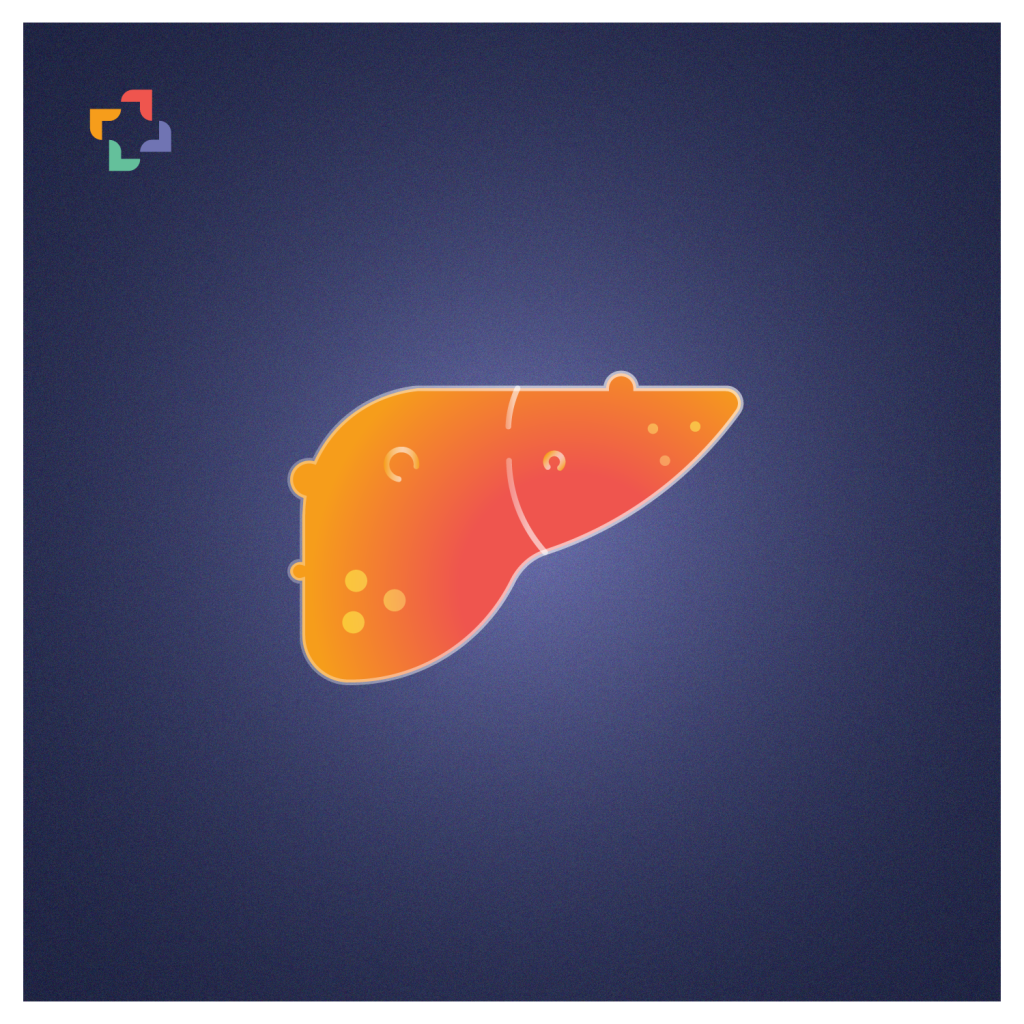
- 1 Hour
This online course provides an in-depth overview of metabolic dysfunction–associated steatotic liver disease (MASLD), the most common pediatric liver disease with rising global prevalence.

- 1 Hour
This online course provides a practical laceration care for children; from patient preparation, analgesia/sedation, and immobilization to irrigation and repair techniques.

- 1 Hour
This online course provides evidence-based guidance for refeeding adolescents with anorexia nervosa or atypical anorexia.

- 1 Hour
This online course provides an in-depth review of pediatric sleep physiology and disorders, from normal sleep patterns to parasomnias and hypersomnolence.
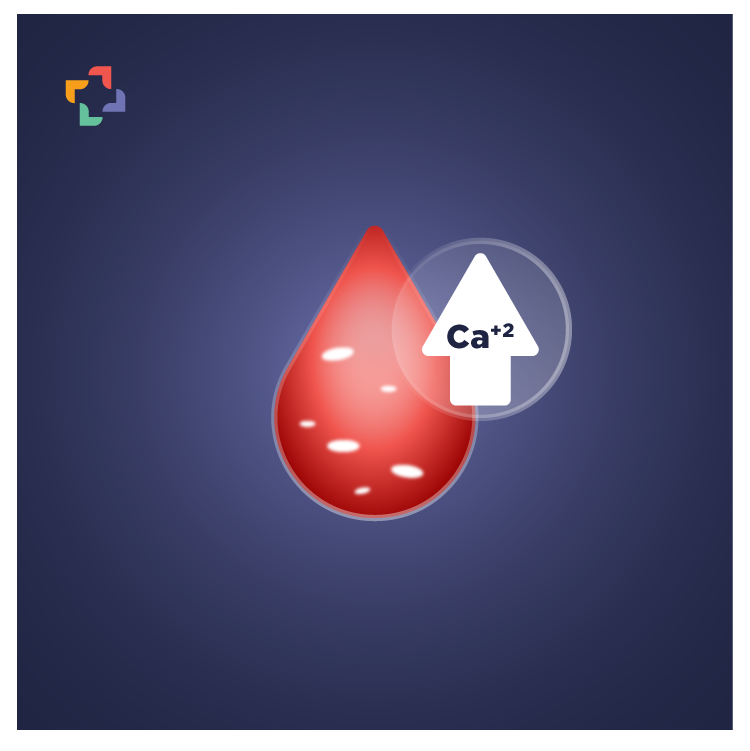
- 1 Hour
This course provides a structured approach to diagnosing and managing pediatric hypercalcemia, from understanding calcium metabolism to distinguishing underlying causes.
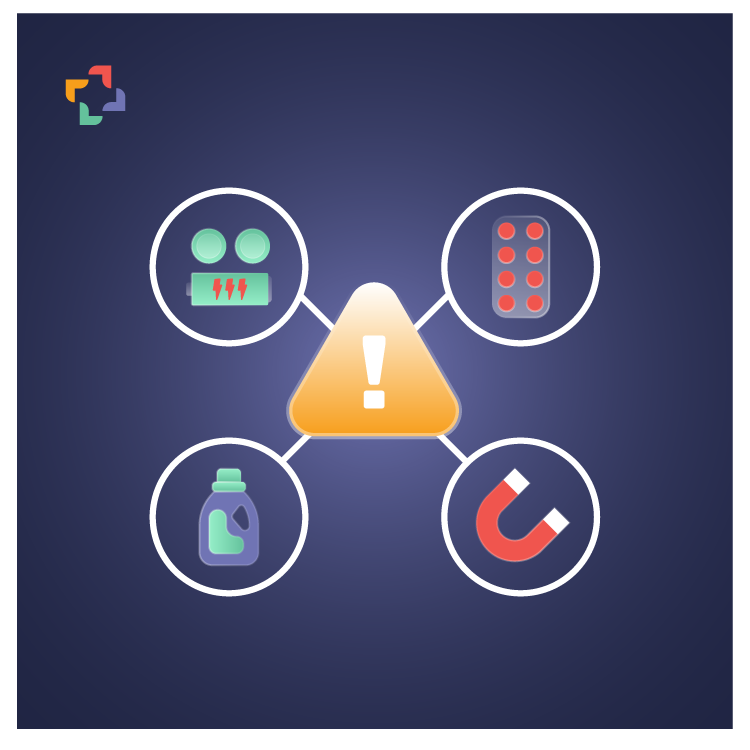
- 1 Hour
This online course provides the management of various pediatric toxicologic emergencies, emphasizing evidence-based interventions and prioritization strategies.

- 1 Hour
This online course provides a review on the evaluation and management of thyroid nodules in children, highlighting their higher malignancy risk.

- 1 Hour
This online course reviewes the normal growth patterns in children, including expected growth velocities and the interpretation of growth charts and bone age studies.

- 1 Hour
This online course provides a structured approach to the evaluation and management of acute, recurrent, and chronic headaches in children.

This online course provides an in-depth exploration of two critical topics in pediatric allergy and immunology: Allergic Reactions to Drugs and the Eosinophilic GI Disorders
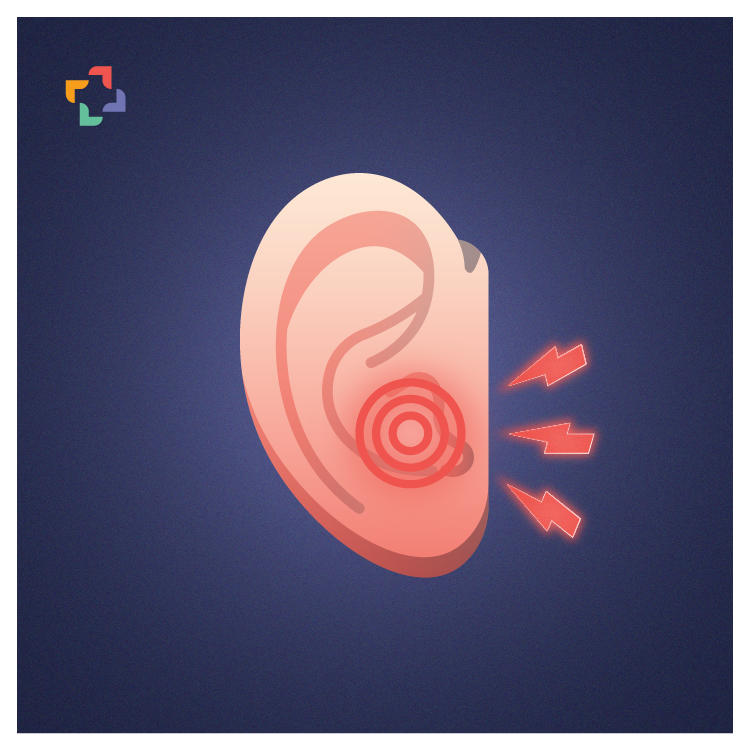
- 1 Hour
This online course provides healthcare professionals with a comprehensive understanding of otitis media and otitis externa.

- 1 Hour
This online course is designed to enhance healthcare providers' understanding of pediatric growth and nutrition.

- 1 Hour
This online course provides a comprehensive approach to diagnosing and managing pediatric asthma, emphasizing risk factors, symptom patterns, and appropriate use of inhaled therapies.

- 1 Hour
This online course reviews the initial evaluation of pediatric hypertension, highlighting red flag symptoms and distinguishing secondary causes from essential hypertension.

- 1 Hour
This online course reviews CDC developmental milestones from birth through early school age, helping physicians assess progress during well-child visits.
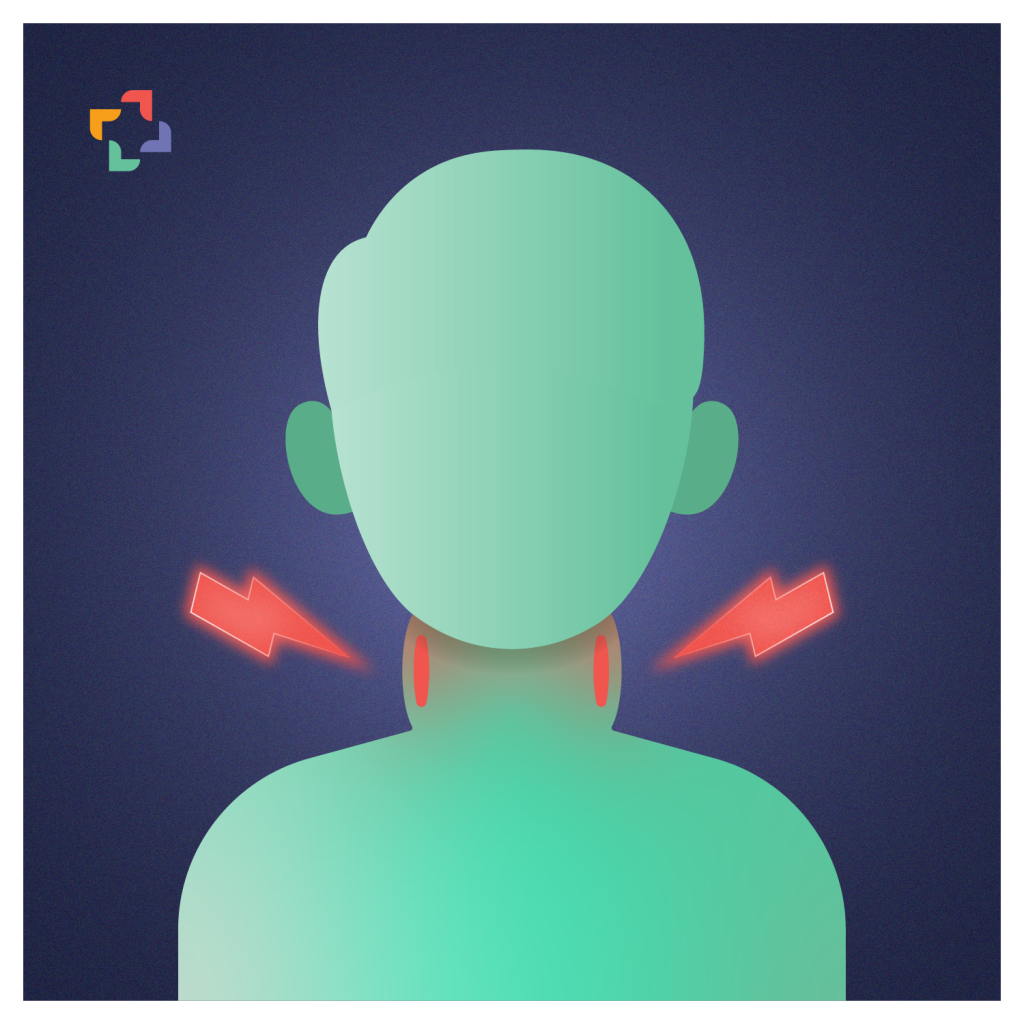
- 1 Hour
This online course reviews common and rare causes of pediatric lymphadenopathy, emphasizing the distinction between benign and serious etiologies.

- 1 Hour
This online course equips providers to identify, diagnose, and manage ADHD in children, emphasizing the role of pediatricians as first-line clinicians.

- 1 Hour
This online course reviews the spectrum of adverse drug reactions in children, distinguishing true hypersensitivity from other causes such as viral exanthems.

- 1 Hour
This online course reviews the evaluation and management of both daytime urinary incontinence and nocturnal enuresis in children.

- 1 Hour
This online course helps clinicians differentiate between innocent and pathologic heart murmurs in children.

- 1 Hour
This online course will review general dental growth and development milestones from infancy to adolescence as well as common dental findings in the pediatric population.

- 1 Hour
This course reviews the diagnostic approach to fever without a source (FWS) in young children, emphasizing the balance between minimizing risk and avoiding unnecessary testing.

- 1 Hour
This online course covers two key topics in pediatric gastroenterology—chronic abdominal pain and constipation.

- 1 Hour
This online course offers a comprehensive overview of Autism Spectrum Disorder (ASD), focusing on diagnosis, symptom recognition, and evidence-based interventions.

- 1 Hour
This online course equips healthcare professionals to identify and manage anxiety and trauma-related disorders in children.
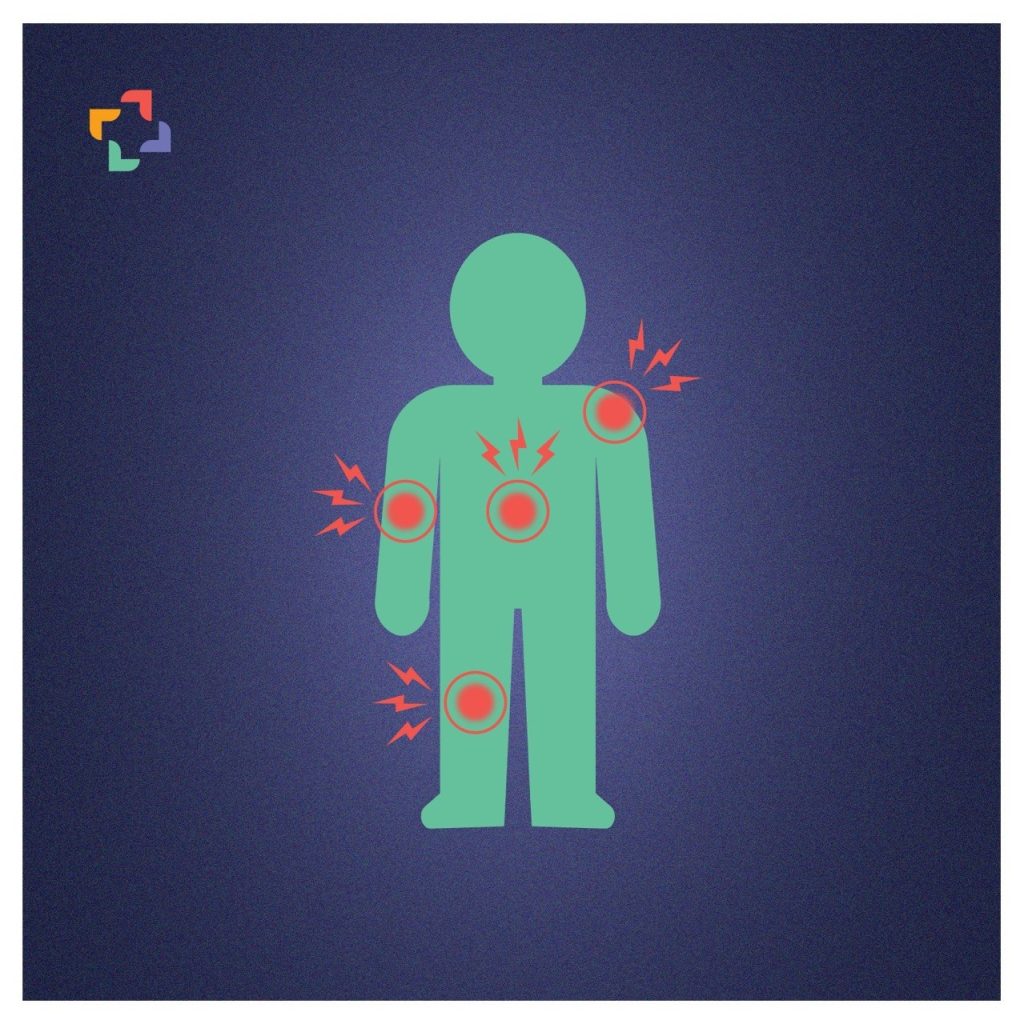
- 1 Hour
This online course provides a structured approach to evaluating musculoskeletal concerns in children, focusing on joint and muscle pain, gait, and common rotational issues.

- 1 Hour
This online course reviews the developmental, cultural, and behavioral aspects of toilet training in children.
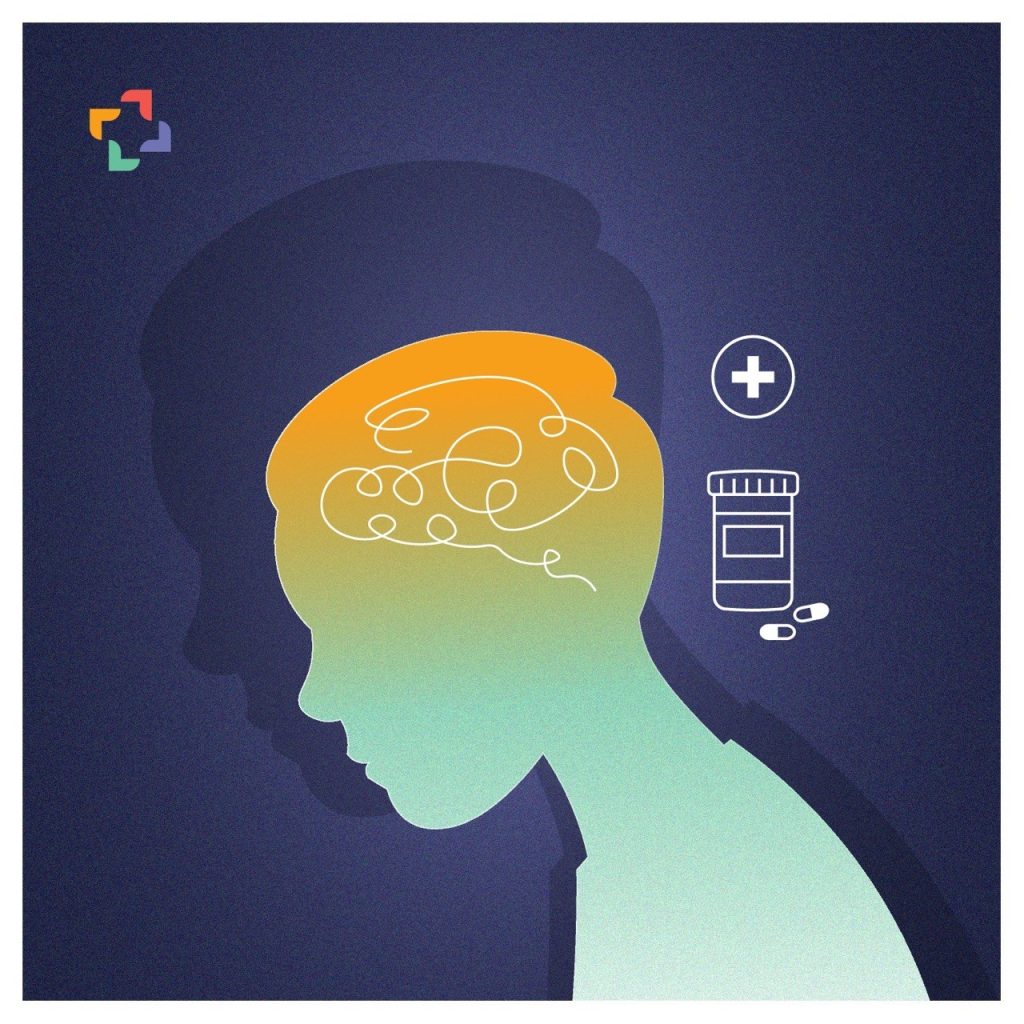
- 1 Hour
This online course provides practical guidance for pediatric providers on identifying and managing depressive symptoms in children and adolescents.

- 1 Hour
This online course explores the spectrum of picky eating and problem feeding in children, emphasizing nutritional and developmental impacts.

- 1 Hour
This online course introduces the principles and practice of Occupational Therapy (OT), highlighting its role in promoting health, function, and quality of life.

- 1 Hour
This online course provides an overview of pediatric immunodeficiencies, emphasizing early recognition and management.

- 1 Hour
This online course equips healthcare professionals with the skills to assess and manage newborns, including premature infants.
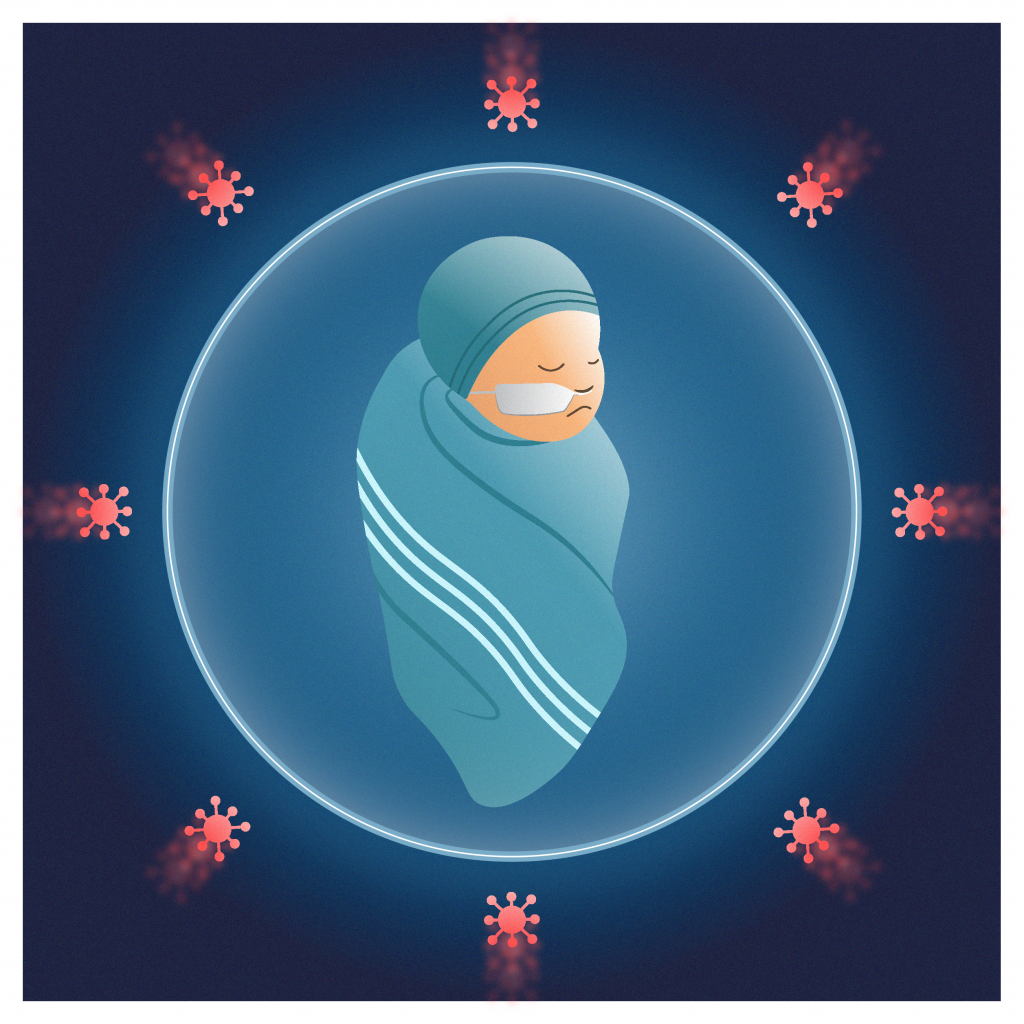
- 1 Hour
The online course "Infection Prevention" equips healthcare professionals with the knowledge and skills to prevent infections, focusing on neonates.
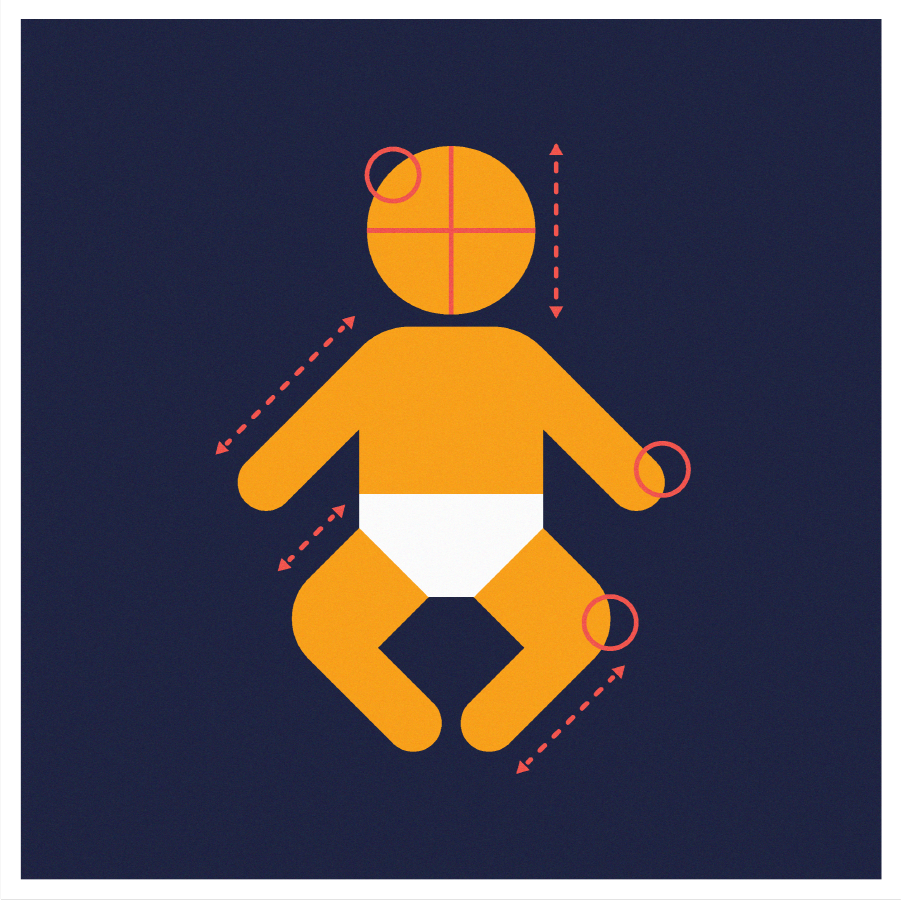
- 1 Hour
This online course offers an in-depth exploration of Dysmorphology, a critical aspect of clinical genetics. The focus is on syndrome diagnosis in children with distinctive physical abnormalities and facial features.

- 1 Hour
This online course reviews normal pubertal development and guides clinicians in identifying and evaluating cases of precocious puberty.
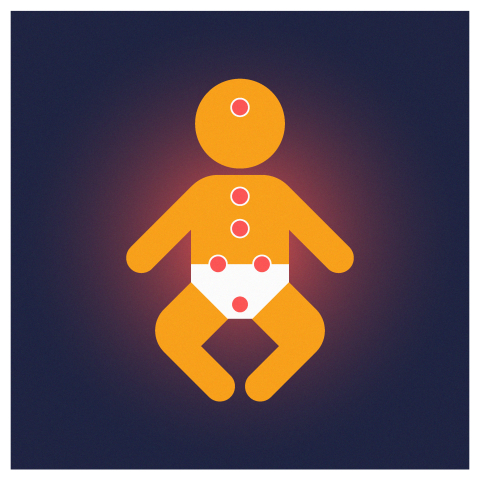
- 1 Hour
This online course reviews the recognition and management of pediatric endocrine emergencies, including DKA, adrenal crisis, and thyroid storm.